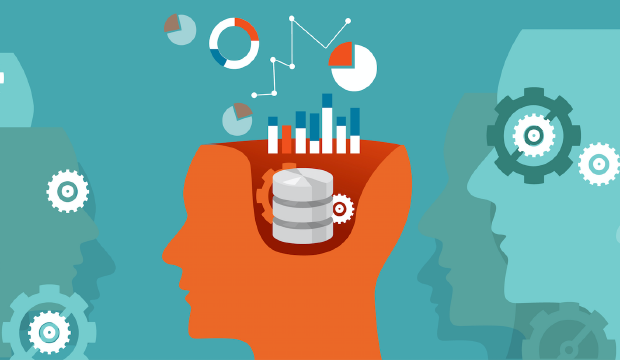As technology advances, more and more businesses have begun adopting AI and data-based methods to analyze mountains of data to drive better business decisions. The seemingly endless amount of data available to businesses is only valuable if someone on their team understands how to find insights and manipulate the data to find answers to business questions. This vital team member is typically a data scientist, an expert in advanced analytics and data management with technical skills to solve complex business problems. But when an organization uses data for their operations without a data scientist, who assists in data science efforts? Citizen data scientists.
What is a Citizen Data Scientist?
Companies who utilize data science or who are interested in data science should be the first in line to want to know about the term “citizen data scientist.” Ascribed to Gartner’s director and BI industry expert Alexander Linden, citizen data scientists can “bridge the gap between mainstream self-service analytics by business users and the advanced analytics techniques of data scientists.” In simpler terms:
A citizen data scientist is a person whose primary job function is outside the field of statistics and analytics, but who can perform both simple and relatively sophisticated analytical tasks that would previously have required more expertise.
Why Citizen Data Scientists Matter
As stated earlier, data science and AI technology continuously prove to be a prevailing differentiator across industries. With this, data and analytics software vendors are making simplification a top priority by creating and implementing the automation of various data science tasks such as data integration and model building.
Linden believes “The key to simplicity is the automation of tasks that are repetitive, manual intensive, and don’t require deep data science expertise.” This increase in automation makes it easier for companies to empower business users or analysts to take on certain data science tasks, improving productivity and efficiency.
Further clarifying the concept, Research Director at Gartner, Joao Tapadinhas, declares:
“Equipped with the proper tools, [citizen data scientists] can perform intricate diagnostic analysis and create models that leverage predictive or prescriptive analytics. This enables them to go beyond the analytics reach of regular business users into analytics processes with greater depth and breadth.”
You may be asking yourself “Why don’t organizations just hire data scientists? Why go through the trouble of training business analysts to become citizen data scientists?” Data scientists are commonly referred to as “unicorns” because they are incredibly skilled and short in supply. Currently, the ability to hire data scientists is only in reach for very large companies or governments with the financial resources necessary.
Through the simplification and autonomation of data and analytics softwares, data science is not so unnatainable anymore. Companies can now empower their business analysts to perform several data science tasks, opening the door to increased productivity, effiency, and insights.
How Data Science Consultants Can Help
At Aviana, our data science team has provided a multitude of organizations with the ability to empower their analysts into citizen data scientists.
- Del Monte – Data management experts from Aviana guided and mentored the Del Monte in-house team to master the skills needed to develop their own Anaplan models. The ease of use of Anaplan, combined with Aviana’s agile approach in working side-by-side with the Del Monte team, enabled the company’s business users to develop procurement, warehousing, and profit and loss (P&L) cost recognition models.
- Franchise Tax Board – As a part of Aviana’s work to develop and deploy predictive models across FTB’s four divisions, Aviana conceived and implemented a comprehensive “Analytics University” training program. In addition to providing training and knowledge transfer to FTB’s data science team so that they could support and maintain the models implemented by Aviana, this program offered a series of training classes and hands-on workshops specifically designed to turn business analysts and data analysts within each division into citizen data scientists. The program included tools training, data science skill training and a series of domain-specific analytic workshops that enabled the participants to utilize their skills training in real-world data science exercises using real data related to their job and division operations.






